
From May 24th to 25th, 2025, the DGNB Sino-German Sustainable Training Workshop, jointly organized by the Key Laboratory of Ecology and Energy-Saving in Dense Human Settlements, Ministry of Education, and the German Sustainable Building Council (DGNB), and co-organized by the Sino-German Joint R&D Center for Sustainable Cities at the College of Architecture and Urban Planning, Tongji University, was successfully held in Room D3 of the College of Architecture and Urban Planning, Tongji University. The event attracted nearly 30 young students from various universities, including Tongji University, Wuhan University, East China University of Science and Technology, Jinan University, and Beijing University of Technology. They engaged in in-depth exchanges and discussions with a team of German DGNB experts on the design concepts, evaluation systems, and practical applications of sustainable buildings and urban districts.
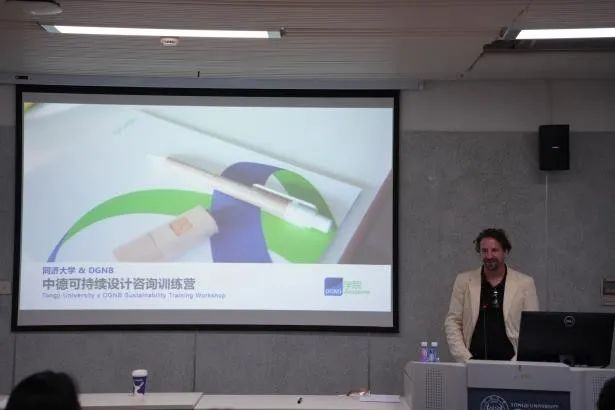
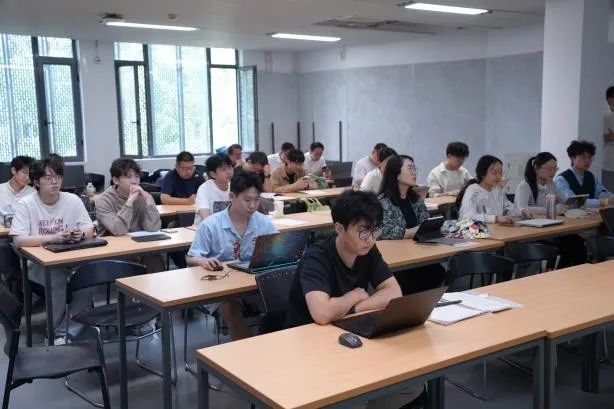
The Workshop officially kicked off at 9 a.m. on the 24th. Associate Professor Dong Nannan from the College of Architecture and Urban Planning, Tongji University, delivered the opening welcome speech, extending a warm welcome to the participants from multiple universities across the country and elaborating on the innovative purpose of the event. Subsequently, Mr. Rolf Demmler, the DGNB China Ambassador and Chairman of Sorger Architects & Consultants (Shanghai) Co., Ltd., gave a speech, sharing the cutting-edge practices of the DGNB system in the global field of sustainable architecture and its development potential in the Chinese market. The training courses revolved around core topics in sustainable architectural design, systematically exploring key areas such as climate change response, resource recycling, the creation of a healthy built environment, and the optimization of user comfort. Additionally, they delved into issues like the inheritance of architectural culture and the realization of social values, providing participants with a comprehensive knowledge framework and practical guidance.
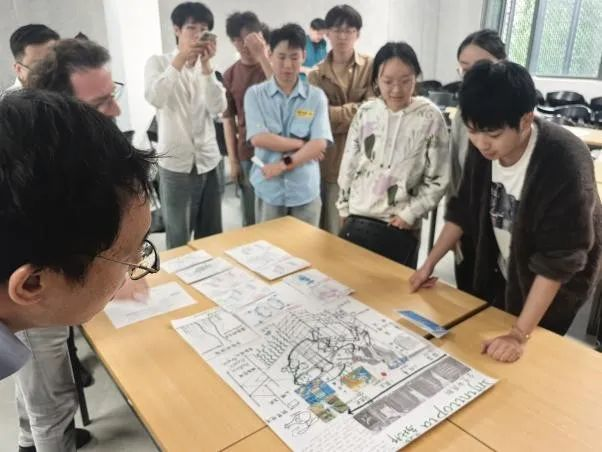
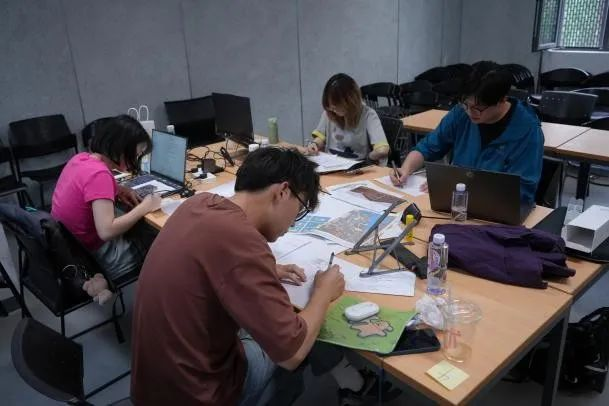
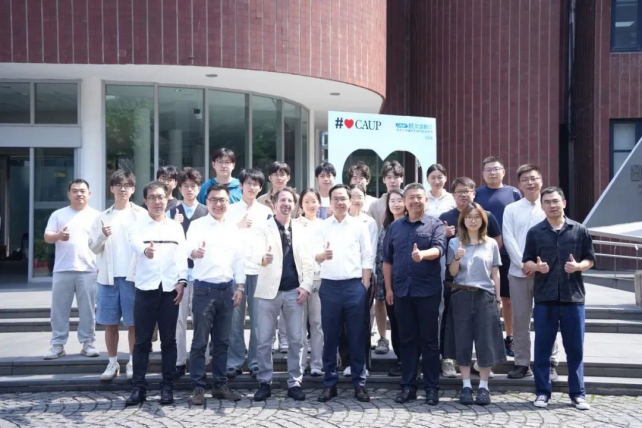
On the morning of the 25th, the DGNB expert team further introduced the whole-life-cycle-oriented design concept, emphasizing the consideration of environmental impacts at every stage, from planning and design to demolition and recycling. The subsequent session on whole-life-cycle emission impacts and cost analysis systematically introduced the methodologies of LCA (Life Cycle Assessment) and LCC (Life Cycle Costing). Through real-world case studies, it demonstrated how to quantitatively assess a building's carbon emissions and economic benefits over its entire life cycle.
In the afternoon of the 25th, the Workshop entered its practical creation phase. During a 200-minute intensive workshop, the students were divided into four groups. They transformed the theories they had learned into innovative practices, resulting in highly creative design projects such as Mobile Ark, Shining Laundry Life, Infinite Utopia, and Future Youth Maker Community. These works not only incorporated the core concepts of DGNB but also showcased the participants' unique thinking and innovative expressions regarding future sustainable architecture. Their forward-looking design ideas and solid professional presentations received high praise from the panel.
The successful hosting of this Workshop not only continued Tongji University's tradition of Sino-German educational cooperation but also responded to the cutting-edge industry technology trends in the context of addressing climate change and achieving carbon peak and carbon neutrality goals. This collision of ideas has not only enriched the participants' professional perspectives but also injected new vitality and fresh dimensions of thinking into promoting the development of internationally leading-edge sustainable architecture.
 ABOUT US
ABOUT US




